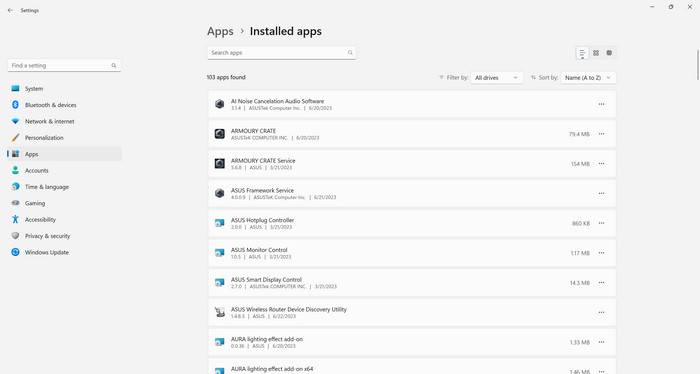Notepad++ is a popular text editor that has gained a loyal following among programmers, web developers, and other tech-savvy individuals. It offers a wide range of features and customization options that make it a powerful tool for writing and editing code. However, like any software, it is important to evaluate whether Notepad++ is still necessary for your needs and whether it poses any security risks. In this article, we will explore what Notepad++ is, its key features, potential security concerns, and whether you should consider removing it from your system.

What is Notepad++?
Notepad++ is a free and open-source text editor that supports multiple programming languages. It was first released in 2003 and has since become a popular choice among developers due to its simplicity, speed, and extensive feature set. Notepad++ is available for Windows operating systems and offers a user-friendly interface with syntax highlighting, code folding, auto-completion, and other useful tools for writing and editing code.
Key Features of Notepad++
Notepad++ offers a wide range of features that make it a powerful tool for developers. Some of its key features include:
- Syntax highlighting: Notepad++ automatically highlights different parts of the code based on the programming language being used, making it easier to read and understand.
- Code folding: This feature allows you to collapse and expand sections of code, making it easier to navigate and focus on specific parts of your code.
- Auto-completion: Notepad++ suggests code completions as you type, saving you time and reducing the chances of making syntax errors.
- Search and replace: Notepad++ provides powerful search and replace functionality, allowing you to find specific text or patterns in your code and replace them with something else.
- Multiple document support: You can work on multiple files simultaneously, with each file opened in a separate tab for easy switching.
- Plugin support: Notepad++ supports a wide range of plugins that extend its functionality, allowing you to customize the editor to suit your specific needs.
Potential Security Concerns
While Notepad++ is a legitimate and widely used text editor, it is important to be aware of potential security concerns. Like any software, Notepad++ can be vulnerable to security exploits if not kept up to date or if downloaded from unofficial sources. It is always recommended to download Notepad++ from the official website to ensure you are getting the genuine and most secure version.
Additionally, it is important to regularly update Notepad++ to the latest version to benefit from bug fixes and security patches. Outdated software can be more susceptible to security vulnerabilities that can be exploited by hackers.
If you suspect that your system may be infected with malware, it is advisable to scan your computer using reliable security software. Malwarebytes Free is a highly recommended tool for scanning and removing malware. You can download it from the official website and run a scan to ensure your system is clean and secure. Malwarebytes Free
Should I Remove Notepad++?
Whether or not you should remove Notepad++ depends on your specific needs and preferences. If you are a programmer or web developer who frequently works with code, Notepad++ can be a valuable tool that enhances your productivity and makes coding easier. Its extensive feature set and customization options make it a popular choice among professionals in the field.
However, if you rarely use Notepad++ or have found alternative text editors that better suit your needs, you may consider removing it to free up disk space and reduce clutter on your system. Removing unused software can help improve system performance and make it easier to manage your installed applications.
Before removing Notepad++, it is important to back up any important files or configurations that you may have stored within the application. This will ensure that you do not lose any valuable data during the uninstallation process.
Conclusion
Notepad++ is a powerful text editor that offers a wide range of features and customization options for programmers and web developers. It provides a user-friendly interface, syntax highlighting, code folding, auto-completion, and other useful tools that enhance productivity and make coding easier.
While Notepad++ is generally safe to use, it is important to download it from the official website and keep it up to date to minimize security risks. Regularly updating the software and scanning your system for malware using reliable security software like Malwarebytes Free can help ensure a secure computing environment.
Ultimately, whether or not you should remove Notepad++ depends on your specific needs and preferences. If you frequently work with code, Notepad++ can be a valuable tool. However, if you rarely use it or have found alternative text editors that better suit your needs, removing it can help free up disk space and streamline your system.



